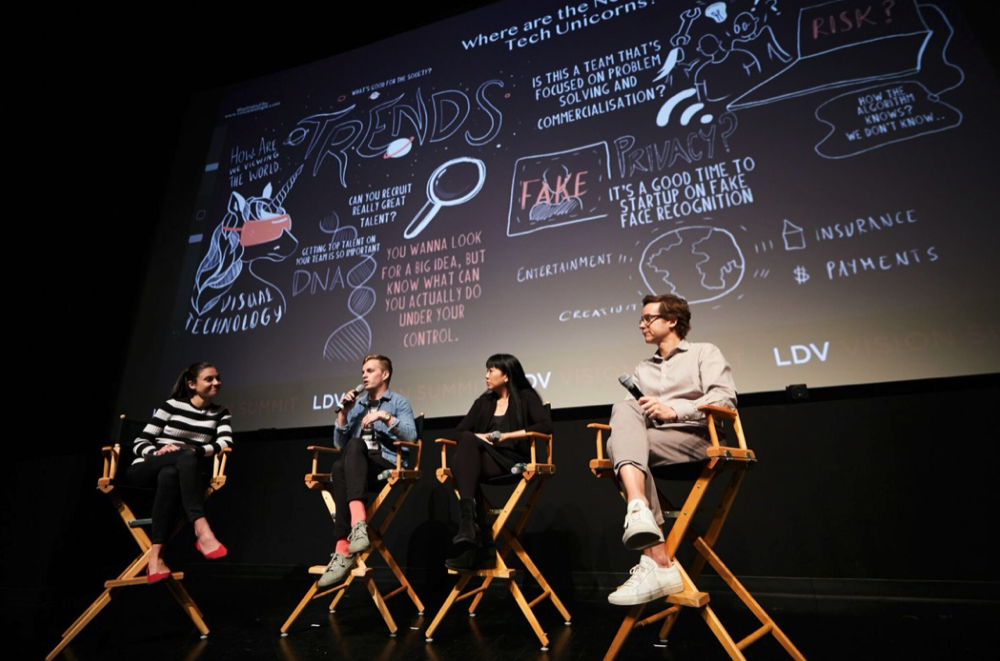The annual LDV Vision Summit, now in its sixth year, which focuses on new technologies using computer vision featured startups tackling various uses cases with the application of novel vision technologies and AI. But it was healthcare that seemed to garner the most attention from general audience members and investors alike, with VCs declaring it as the most appealing investment sector for computer vision-focused startups. Screening and detection seem to be the areas within health most rife for disruption using these technologies and the possible benefits, for example, early cancer detection and better health access for the masses, have enormous potential.
Among the startups presenting at the conference was New York City-based Ezra, which raised $4M in Seed funding last fall. The startup is revolutionizing cancer screening with Computer Vision and AI and is perhaps the furthest along the path of commercialization; they currently have a product in the market focused on detecting prostate cancer through MRI scans that are then analyzed by AI. They reported an accuracy rate of 94% in the early detection of prostate cancer.
One major obstacle delaying the pace of advancement in using the available computer vision and AI technology to improve healthcare is the low level of interoperability between health systems, which limits access to the data needed to train the associated AI powering advancements in the field.
The startups that have overcome this obstacle have done so partly by partnering with large health systems – as is the case with San Francisco-based Isono Health which partnered with Texas Medical Center. This company, whose CEO Maryam Ziaei presented at the conference, is tackling breast cancer screening by combining AI and automated 3D ultrasound to empower physicians with 3D visualization and localization of abnormal masses in breast tissue. The company is hoping for FDA approval of its bra-like scanner sometime this year, and it is currently raising a round of capital.
Several non-healthcare related startups presented at the conference including the startup competition winner Shapes AI Inc., which is using computer vision technology to build a shape intelligence platform to give machines a semantic understanding of objects and activities seen in both the digital and physical world. Another startup that presented is the New York City-based NUDEST Inc., and it uses computer vision technology to build color matching software for e-commerce platforms in the beauty industry. Using the company’s technology, e-commerce platforms selling makeup can offer users a way to match the makeup color options offered to the tone of their skin. The company has executed a pilot with a major beauty brand and is currently raising a $2M Seed round.
Whatever the product or the market that is disrupted by the startups at the conference, those in attendance were reminded of the importance of diversity in the executive suite and advisory board. One Healthtech startup presenting was even called out by a potential investor for not having any female representation at all.




